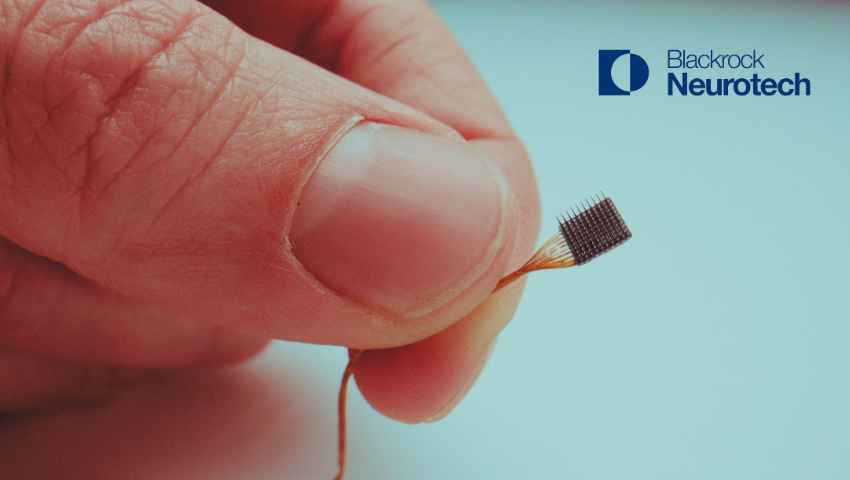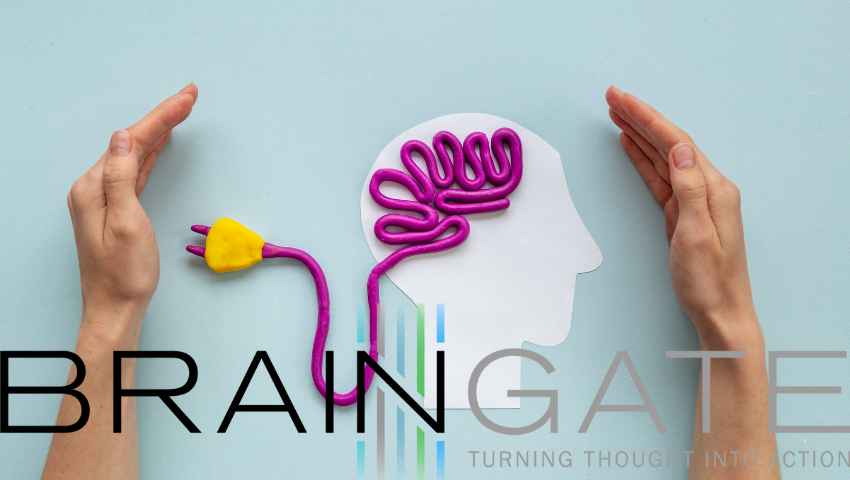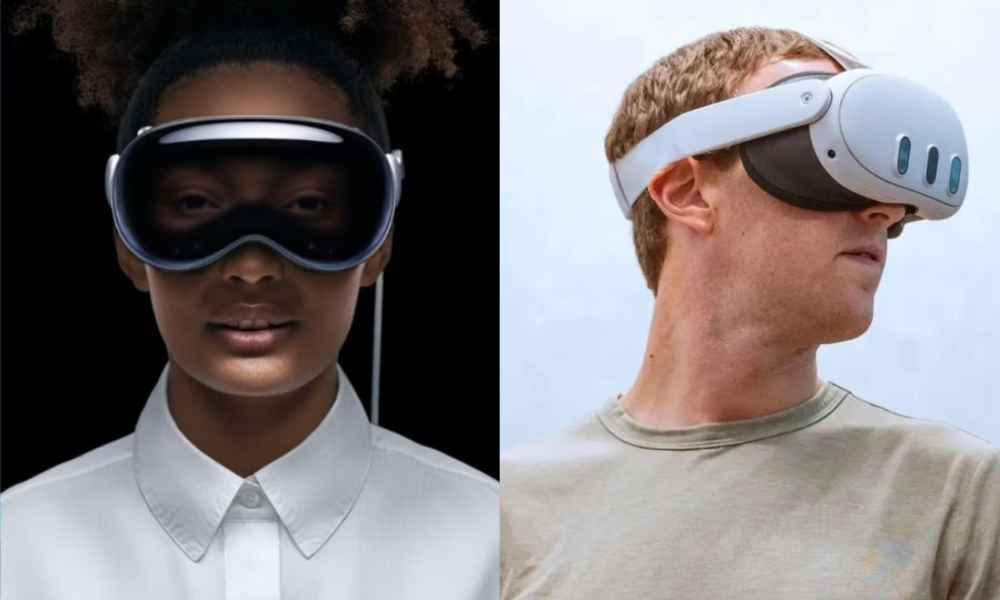Elon Musk’s Neuralink, a brain technology company, shared a video on Twitter showing how a person with quadriplegia is using their brain chip to control a computer. In the video, a patient, paralyzed from the shoulders down, appears to move a cursor on a laptop screen just by thinking. The video also shows him playing chess and turning off the laptop’s music, using only his thoughts.
Elon Musk’s Neuralink company made an implant that lets people control computers and gadgets just by thinking. This success gives hope to people with brain problems. Now, they can control their bodies again just by thinking.
The Groundbreaking Demonstration
In the video released on Wednesday, the patient, who hadn’t been named before, introduced himself as Noland Arbaugh. He stated that he’s 29 years old and lost all movement and feeling in his arms and legs after a diving accident eight years ago. After implementing Elon Musk’s Neuralink brain chip, Arbaugh mentioned that he’s satisfied with his progress as a patient.
Also, He shared he left the hospital a day after the smooth Neuralink procedure in January. Arbaugh said the surgery to put in the implant was really easy. He mentioned he left the hospital the next day and had no problems thinking. Arbaugh played for 8 hours straight. However, he also said the technology isn’t perfect, and they’ve had some problems.
— Neuralink (@neuralink) March 20, 2024
Other Brain-Computer Interface Technologies
Companies use various methods to let patients control computers with their brains. This technology could help lots of people who can’t control a mouse, keyboard, phone, wheelchair, or fake body parts just by thinking.
Last year, the FDA gave guidance for testing brain-computer interface (BCI) devices. This helps companies know how to test them before selling them. Companies are facing challenges, but they’re still making progress. Some companies are doing really well with their brain-computer interface technology.
Below are some companies that are making significant progress with their brain-computer interface (BCI) developments:
Blackrock Neurotech
Blackrock has tested its brain-computer interface in people for nearly 20 years, unlike newer companies. This company implant has been used in patients since 2004 in research studies. There haven’t been any serious problems reported to the FDA during that time.
In 2021, Blackrock Neurotech got special approval from the FDA for its MoveAgain BCI system. This system lets people who can’t move control things just by thinking. They said it could help people become more independent, get back to work, enjoy hobbies, and communicate faster. The MoveAgain BCI has a device put into the brain that reads brain activity to understand movements. Then, it sends signals wirelessly to control things like a cursor or wheelchair.
Blackrock and the University of Pittsburgh’s Rehab Neural Engineering Labs worked together to make the first portable brain-computer interface (BCI). This lets patients join research trials from home. A Blackrock spokesperson said this is the last step before they release their first product next year. If the device is sold commercially, it would be the first time people can connect their brains to computers outside of research studies.

BrainGate
BrainGate uses tiny electrodes put into the brain to let people control things outside their bodies, like computers or robot arms, just by thinking. This special BrainGate system has helped people with spinal cord injuries, brainstem strokes, and ALS. They can move a computer cursor only by thinking about moving their paralyzed hand or arm. The company got permission from the FDA to do trials with their brain-computer interface technology in humans.
In April 2021, people with tetraplegia in BrainGate’s trials used a wireless brain-computer interface with an external transmitter. BrainGate says on its website that early tests showed the system can easily control advanced prosthetic limbs. They say it gives paralyzed people simple control over devices that help them move and communicate.

Unique features of Elon Musk’s Neuralink device
According to Elon Musk’s Neuralink company, their system includes small polymer probes, a surgery robot, and dense custom electronics. They have shown how quickly we can put in 96 threads, each with 32 electrodes, making a total of 3072 electrodes.
They said, “we’ve also made small electronics that let us get data from all these electrodes at once. We’ve made this system small enough to stay in the brain for a long time. Plus, we made special software that can quickly find and understand brain signals.” This system serves as a top research tool and could evolve into a brain-machine interface for humans.
Future Possibilities and Ethical Concerns
In the future, it might be possible to upload skills and knowledge directly into your brain, expanding what humans can do mentally. But, they’re still far from that point. While they can detect brain signals and make patients do things, they still have a lot of work to do on understanding and processing those signals. Brain-computer interface (BCI) technologies are now real, not just ideas.
But there are still important ethical questions that experts and policymakers haven’t answered. There is an ethical concern about using animals in experiments. But we still need animals for some research, and we haven’t found enough alternatives yet. More research is needed to figure out better ways to do experiments without using animals before we can stop using them completely.
Progress and Challenges in Human Trials
Elon Musk claims that the first person in Neuralink’s human trial can use their brain to move a computer mouse. However, some researchers are upset because they don’t have enough details about the study. Patients face several challenges when considering participating in clinical research. Firstly, many are unaware that they have the option to enroll in a clinical trial.
Even if they know about it, finding a trial can be tough, especially if they live far from study centers. Traveling to these centers can be costly and time-consuming, especially if the trial requires multiple visits. Moreover, some trials have strict eligibility criteria, which means many patients who could benefit from the study are excluded. Additionally, participating in a trial often means receiving care from unfamiliar providers instead of their regular doctors, which can be unsettling.
The paperwork involved in the informed consent process can also be overwhelming for patients. Informed consent forms, while necessary, can be confusing and add to the stress of deciding whether to join a trial. Lastly, there is sometimes a lack of trust in industry-sponsored trials among the public.
Public Perception and Future Outlook
Neuralink, led by Elon Musk, the CEO of Tesla and SpaceX, has attracted a lot of attention and criticism due to Musk’s fame and wealth. The company has kept much of its work under wraps, making only brief announcements on Musk’s X account. Neuralink recently got FDA approval for its first human trial, although details are limited. Some scientists acknowledge Neuralink’s progress but caution that it’s still early, and there’s not much public information.
Musk aims to restore human connection by focusing on communication, not just making things functional. He says that the current device output is slow compared to its potential. Neuralink aims to bridge this gap, opening up new ways for communication, especially for those who really need it.
Besides helping with communication, Neuralink wants to improve the overall quality of life for people with neurological conditions. Neuralink sees the FDA’s approval as a big deal. It’s like a stamp of approval for their technology and its potential in healthcare. They see this approval as just the beginning, not the end, and they’re excited about what comes next.
Conclusion
In conclusion, Elon Musk’s Neuralink shows promise in helping paralyzed individuals control computers with their minds. Other companies like Blackrock Neurotech and BrainGate are also making strides in brain-computer interface technology. While there are ethical concerns and challenges in human trials, the future looks bright for advancing communication and improving the lives of those with neurological conditions. Musk’s vision to unlock the mind’s potential through Neuralink marks an exciting step forward in merging technology with human capabilities.
Also read :









